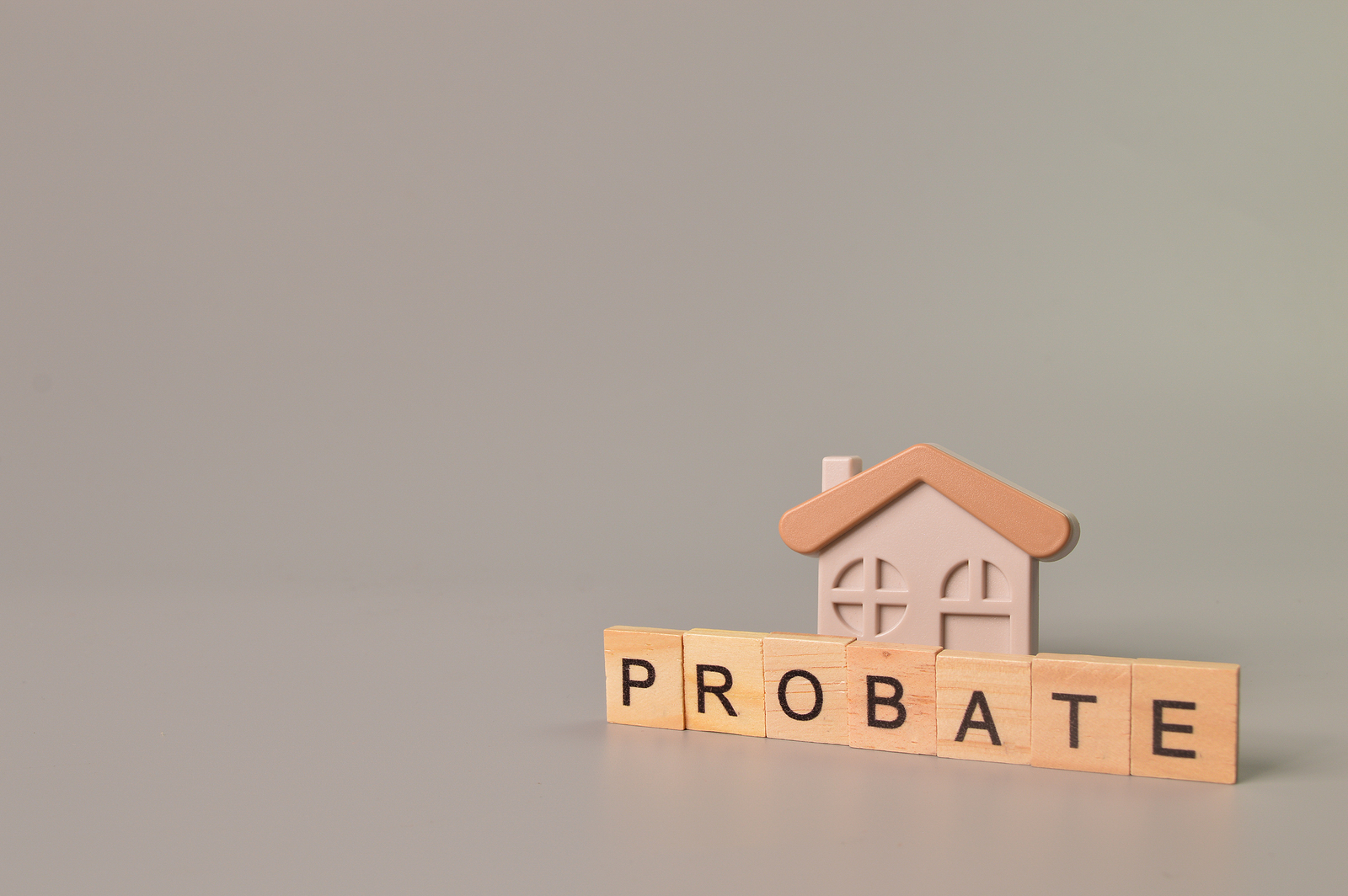Can I Sell an Inherited House? Yes, you can sell an inherited house by following crucial steps.
First, make sure you’re complying with legal requirements, like completing the probate process and transferring the property’s title.
Prepare the house by deep cleaning, decluttering, and staging to enhance its appeal.
Finally, create an effective marketing strategy with high-quality photos and detailed descriptions to attract buyers.
Understanding these steps will guide you through the process smoothly while offering deeper insights into each stage. What do you need more of? Discover with us right now.
Legal Requirements
When selling an inherited house, you must first understand and comply with the legal requirements specific to your jurisdiction. The probate process is central to this.
Probate is a legal procedure that validates the deceased’s will and authorizes the executor to distribute assets. If the house was included in the will, this step is important before any sale can proceed. Without completing probate, you can’t legally transfer ownership.

Once probate is granted, the next step is the ownership transfer. This involves legally changing the property’s title from the deceased to the beneficiary or beneficiaries.
You must file specific documents with your local land registry or relevant authority. These documents typically include a certified copy of the probate order, the death certificate, and any forms required by the jurisdiction.
Additionally, make sure that all parties with a claim on the property, such as co-heirs or mortgage lenders, are addressed. Failing to do so can result in legal complications later on.
Properly handling the probate process and ownership transfer ensures a smooth sale of the inherited house, keeping you compliant with legal standards and preventing potential disputes.
Financial Implications
Understanding the financial implications of selling an inherited house requires a thorough grasp of tax liabilities and potential expenses. You’ll need to take into account inheritance tax, which may apply depending on the estate’s value and local regulations.
If the inherited property increases in value from the time you inherit it to the time you sell it, you might be subject to capital gains tax. This tax is calculated based on the difference between the fair market value at the time of inheritance and the sale price.
To accurately determine your capital gains liability, you should get a professional appraisal of the property’s value at the time of inheritance. Keep detailed records of any improvements or expenses related to the house, as these can be deducted from your capital gains.
Additionally, you might incur costs such as real estate agent fees, closing costs, and potential repairs or upgrades needed to make the property sellable.
It’s important to consult with a tax advisor or financial planner to understand your specific situation and optimize your tax strategy. By doing so, you’ll make sure you’re fully aware of the financial implications and can make informed decisions when selling your inherited house.
Property Valuation
To determine a vital market value for your inherited house, you’ll need to obtain a professional property appraisal. A certified appraiser will use various appraisal techniques to evaluate the property.
These techniques often include the sales comparison approach, where your property is compared to recently sold homes in the area, and the cost approach, which calculates the cost to rebuild the property from scratch, factoring in depreciation.

Understanding market trends is essential during this process. The real estate market fluctuates, and recent trends will greatly impact your home’s value. For instance, if the market is currently favoring sellers, your property’s value might be higher compared to a buyer’s market scenario.
Your appraiser will analyze local market conditions, including recent sales data, inventory levels, and economic indicators, to provide an accurate valuation.
Moreover, it’s important to present all relevant information to the appraiser, such as recent renovations or any structural issues. This information ensures the appraisal is as precise as possible.
Preparing the House
Getting your inherited house ready for sale involves a thorough cleaning, necessary repairs, and strategic staging to attract potential buyers and maximize its market appeal.
Start with a detailed decluttering process. Remove personal items, outdated furniture, and unnecessary clutter. This makes the home feel more spacious and allows potential buyers to envision their own belongings in the space.
Next, focus on curb appeal. The exterior is the first thing buyers will see, so it’s important to make a positive impression. Mow the lawn, trim bushes, power wash and plant fresh flowers.

Repainting the front door and ensuring the house number is visible can also enhance the property’s attractiveness.
Inside, deep cleaning is essential. Scrub floors, wash windows, and clean carpets. Address any repairs, such as fixing leaky faucets, patching holes in walls, or replacing broken tiles. Consider repainting rooms in neutral colors to appeal to a broader audience.
Staging the home effectively is the final step. Arrange furniture to highlight the home’s strengths and create a welcoming atmosphere. Add touches like fresh flowers or a bowl of fruit to make the space feel inviting. These preparations will set the stage for a successful sale.
Marketing and Selling
Crafting an effective marketing strategy is essential to ensuring your inherited house stands out in a competitive real estate market. Start by conducting thorough market research to understand the local housing trends, pricing, and buyer preferences. This research will guide you in setting a competitive price and identifying the most appealing features of your property.
Next, focus on staging strategies to enhance your home’s visual appeal. A well-staged home can greatly impact a buyer’s perception and willingness to pay. Declutter and depersonalize the space to create a neutral environment where potential buyers can envision their lives.

Consider hiring a professional stager if your budget allows; their expertise can optimize your property’s attractiveness. Once your house is staged, invest in high-quality photographs and virtual tours.
In today’s digital age, most buyers start their search online, making first impressions crucial. Create compelling listings with detailed descriptions that highlight the unique features and benefits of the home.
Frequently Asked Questions
Can I Sell an Inherited House if I Live Out of State?
Yes, you can sell an inherited house if you live out of state. However, you must understand the legal requirements and tax implications involved. Consulting a real estate attorney guarantees you comply with all necessary regulations.
What Documents Are Needed to Sell an Inherited House?
To sell an inherited house, you’ll need the title deed, proof of inheritance, and documentation related to inheritance tax. Verify all legal documents in order to facilitate a smooth transaction and avoid any legal complications.
How Long Does the Probate Process Typically Take?
The probate timeline varies, typically lasting six months to a year. Probate duration depends on the estate’s complexity, local laws, and court schedules. You should consult an attorney to understand your specific situation and expedite the process.
Can I Rent Out the House Before Selling It?
Yes, you can rent out the house before selling it. You’ll generate rental income, but make sure you conduct thorough tenant screening to protect your investment and comply with legal obligations. Consider potential impacts on the property’s marketability.
Are There Any Emotional Considerations When Selling an Inherited House?
When selling an inherited house, you’ll face emotional considerations. Family dynamics can complicate decisions, and the house’s sentimental value might make letting go difficult. Engage openly with relatives and honor cherished memories to navigate these challenges effectively.
Conclusion
Selling an inherited house involves several vital steps. Make sure you meet all legal requirements and understand the financial implications.
Accurately valuing the property and preparing it for sale are essential for attracting buyers. Effective marketing will help you sell the house quickly and at a good price.
By following these steps, you can navigate the process smoothly and maximize your returns. Remember, professional advice can offer valuable guidance throughout this complex journey.






